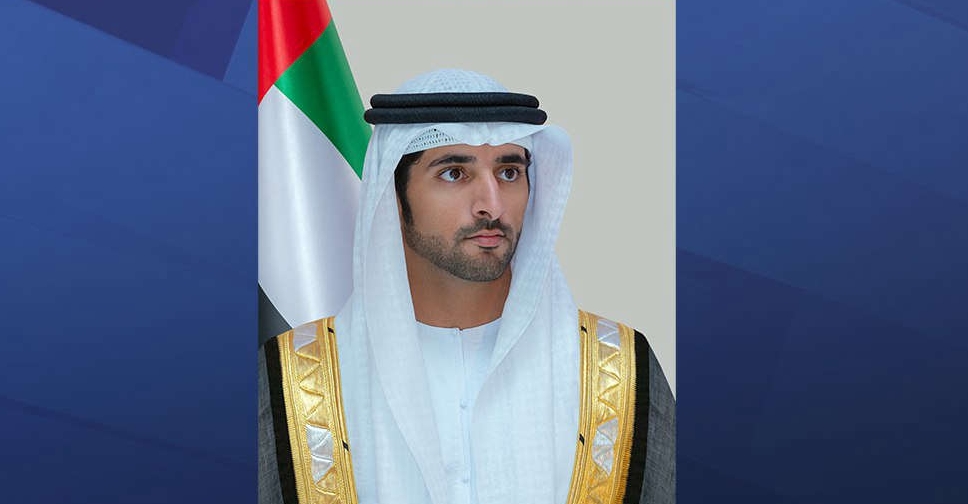
U.S. industrial conglomerate 3M Co MMM.N has set a 2025 deadline to stop producing PFAS, the "forever chemicals" used in anything from cell phones to semiconductors that have been linked to cancers, heart problems and low birth weights
Perfluoralkyl and polyfluoroalkyl substances (PFAS) do not break down quickly and have in recent years been found in dangerous concentrations in drinking water, soils and foods.
Legal pressure over the damage caused by PFAS has increased. Last month, 3M and DuPont de Nemours Inc DD.N were among several companies sued by California's attorney general to recover clean-up costs.
Shareholders have also called for production of the chemicals to stop. Investors managing $8 trillion in assets earlier this year wrote to 54 companies urging them to phase out their use.
"3M has been facing a raft of litigation that has prompted the move," Victoria Scholar, head of investment at abrdn's Interactive Investor, said of 3M's deadline.
As investors prioritize environmental concerns, other chemical makers are expected to follow 3M's example.
"With 3M's scale and position as one of the world's largest producers of PFAS, we feel this could represent a turning point in the transition towards a more sustainable chemical industry," said Victoria Lidén, sustainability analyst with Storebrand Asset Management.
3M said its annual sales of manufactured PFAS are about $1.3 billion with estimated earnings before interest, tax, depreciation (EBITDA) margins of about 16%.
The sales figure works out at about 3.7% of 3M's 2021 group revenues of $35.4 billion.
3M expects related total pre-tax charges of about $1.3 billion to $2.3 billion over the course of its PFAS exit.
In the fourth quarter, it expects to take an estimated pre-tax charge between $0.7 billion and $1.0 billion, primarily non-cash and related to asset impairments.
Shares of 3M were down 0.4% on Tuesday at $121.53.
In August, the Biden administration said it will propose designating certain forever chemicals as hazardous substances under the U.S. Superfund program.
DuPont said it was limiting the use of PFAS to "essential industrial applications" and working with customers to pursue alternatives.
Five European countries - Denmark, Germany, Norway, Sweden and the Netherlands - have been working on a proposal to restrict the use of PFAS, which they plan to put forward by January.
Two scientific committees within the EU's European Chemicals Agency are due to issue assessments of possible restrictions of PFAS in firefighting foams in March next year.


 Dubai makes it easier for free zone companies to expand into mainland
Dubai makes it easier for free zone companies to expand into mainland
 Trump says no exemptions on US steel and aluminium tariffs
Trump says no exemptions on US steel and aluminium tariffs
 RTA completes 40% nol digital payment system upgrade
RTA completes 40% nol digital payment system upgrade
 OpenAI and Musk agree to fast tracked trial over for-profit shift
OpenAI and Musk agree to fast tracked trial over for-profit shift
 Starship, carrying Tesla's bot, set for Mars by end-2026: Elon Musk
Starship, carrying Tesla's bot, set for Mars by end-2026: Elon Musk




